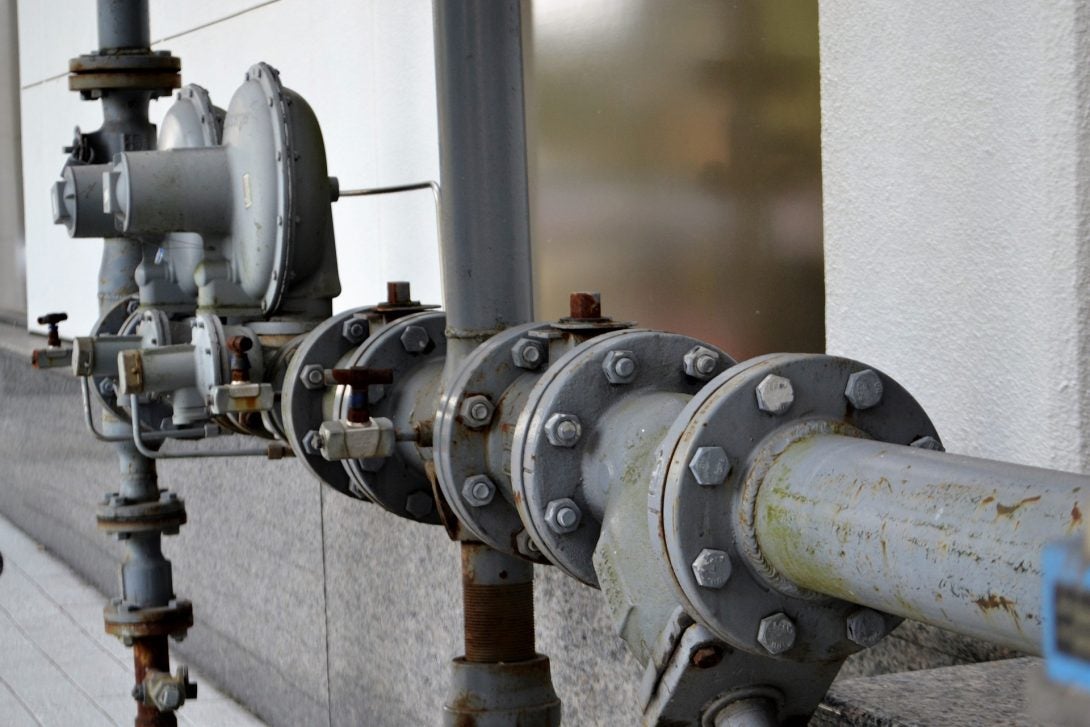Researcher examining drinking water quality with first NSF grant

How good is the quality of the drinking water in our homes? This is the question UIC Assistant Professor Ahmed Abokifa is planning to answer in his new research project.
The research is focused on drinking water after it leaves treatment plants. Studies have shown that the water deteriorates in quality as it makes its way through an intricate network of pipes to consumers.
“Operating under limited budgets, water utilities adopt different degrees of water-quality monitoring that are geared toward regulatory compliance, but are unbefitting for rapid detection and mitigation of contamination events,” Abokifa said. “By the time the water gets to our homes, it’s not safe for consumption in some scenarios, and it may not satisfy those requirements set by the U.S. Environmental Protection Agency and the state of Illinois for safe consumption.”
Abokifa joined UIC’s civil, materials, and environmental engineering department in January 2020 and was recently awarded his first National Science Foundation grant: Joint Control of Hydraulics and Water Quality Dynamics in Drinking Water Networks. He is collaborating with researchers at the University of Texas at San Antonio and the University of Texas at Austin on the three-year, $773,162 award.
He noted that the sampling frequency of the drinking water in distribution networks is often inadequate for rapidly detecting contamination. He also noted that utilities typically lack targeted and immediate response strategies; instead, they regularly respond to contamination by issuing wide-scale advisories to boil water before using it or not use it at all.
The project will create new methods for real-time water quality management in urban water networks by controlling hydraulic pumps, valves, and disinfectant dosing stations in response to contamination events.
“We will harness water-sensing technologies while investigating control algorithms through interdisciplinary research, which will allow real-time monitoring and control of hydraulics and water quality and allow utilities to adopt strategies in response to contamination events,” he said.
With his sights set on mid-sized utilities in Cook, DuPage, and Lake counties, Abokifa will need to develop a computer model of the distribution network to see where the pipes are located, how they are connected, and the different flow rates and patterns of water through these pipes.
“The collection of all this data can be used to do simulations of the behavior of the network, which will change for the different species or chemical contaminants in the water,” Abokifa said. “We want to make sure utilities have accurate and well-calibrated models.”
With the utilities as partners in this research, Abokifa and his colleagues are confident that they can make drinking water better by converting the monitored data into recommendations for immediate corrective measures, which will benefit everyone.